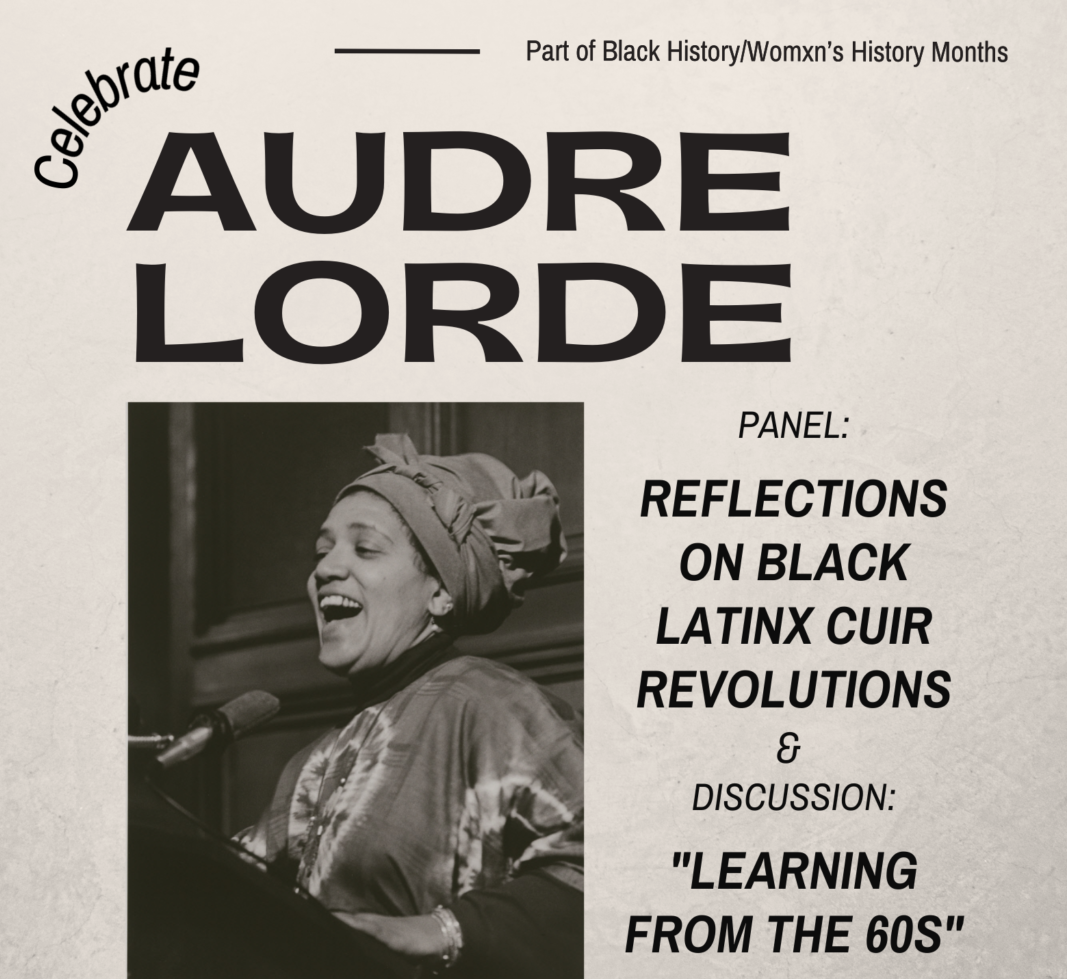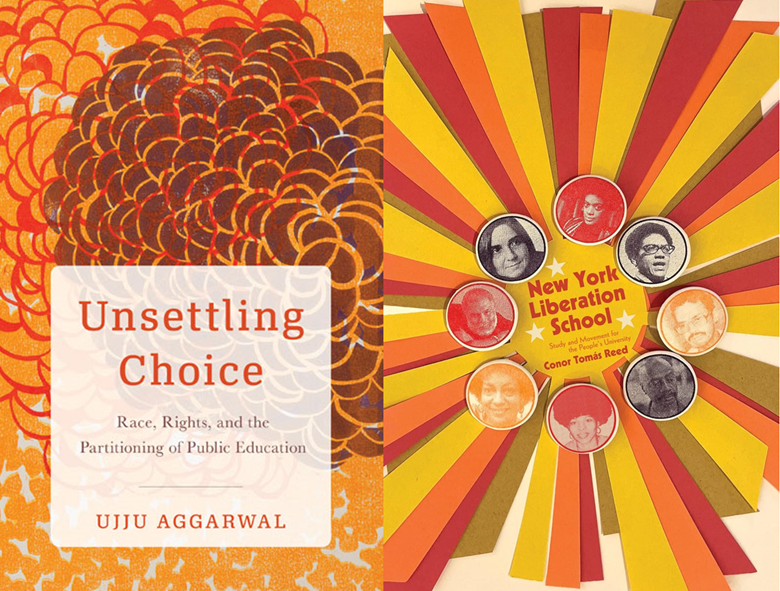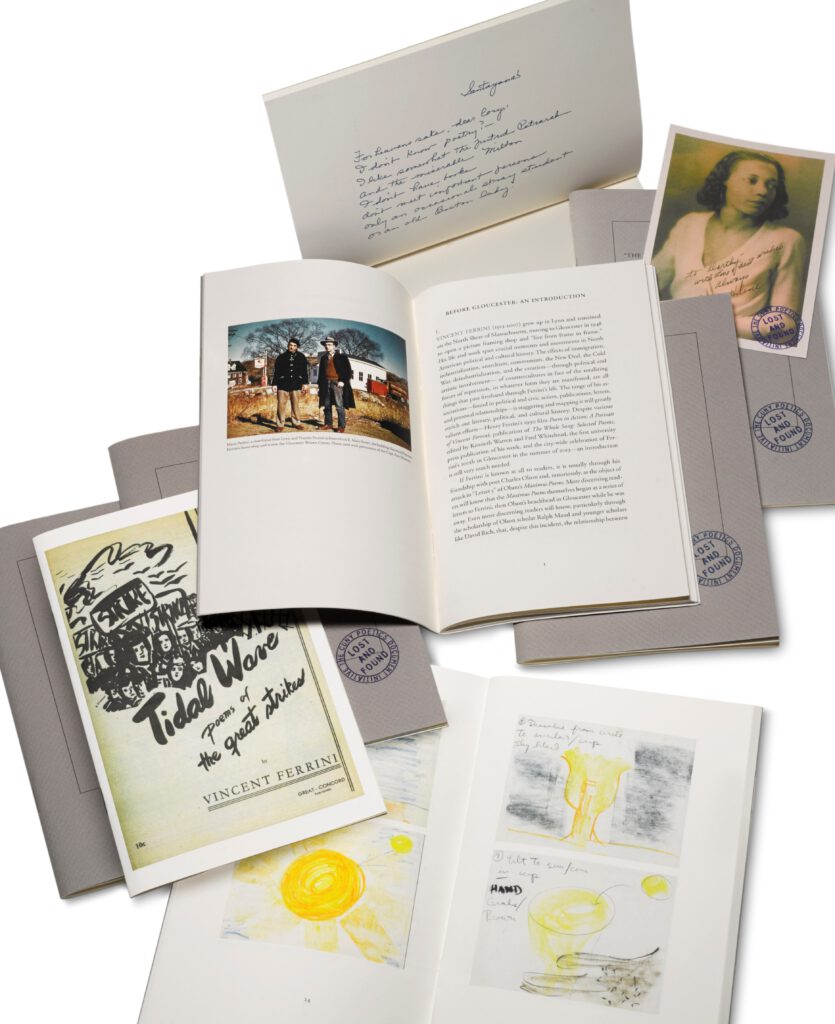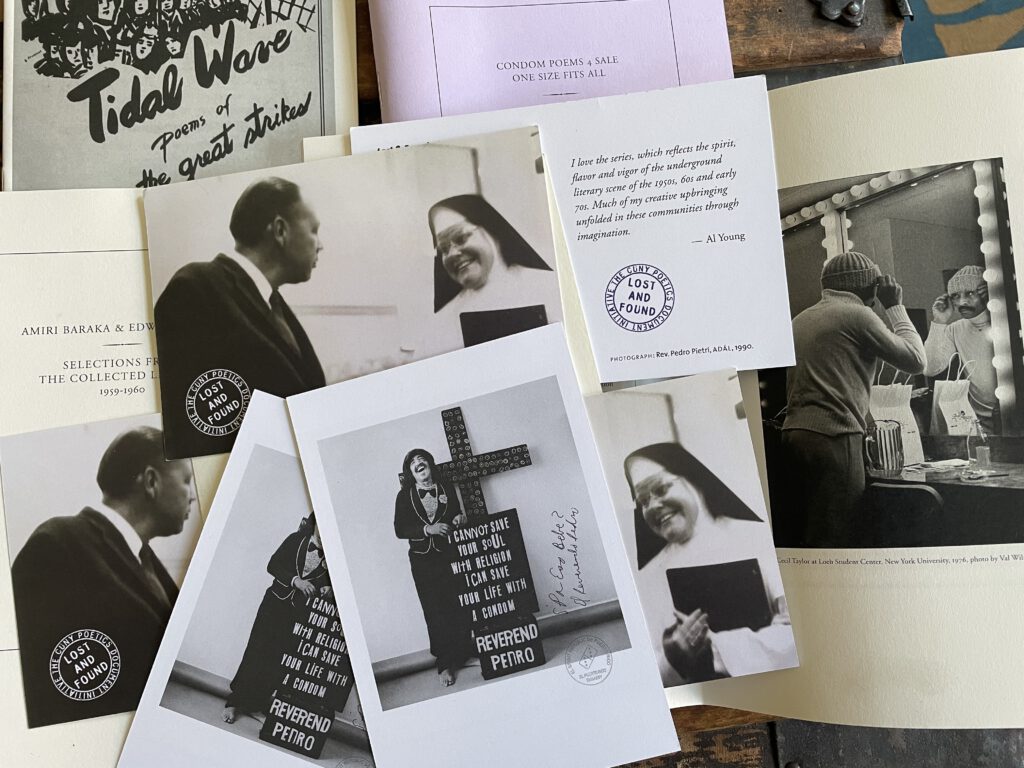Radiating Black ~ Puerto Rican ~ Women’s Teaching Archives from CUNY to the Americas and the Caribbean (and Back Again)
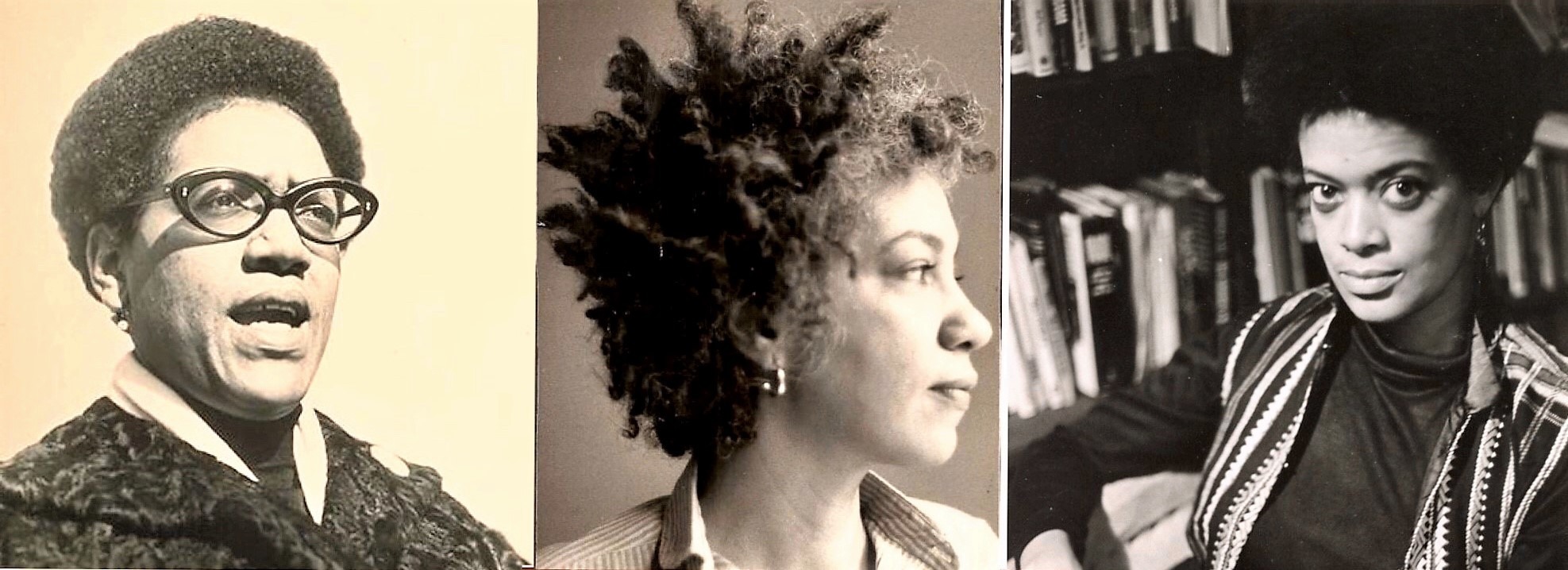
As part of a research project supported by the CUNY Adjunct Incubator, Conor Tomás Reed, an Adjunct Professor in the Africana Studies and American Studies departments at Brooklyn College, will continue to develop research, as well as present and publish work on Black and Puerto Rican women’s teaching archives from CUNY to the Americas and the Caribbean.
For over a dozen years Conor Tomás Reed has researched and participated in several waves of CUNY movements, and for the last several years Reed has sustained freedom learning from collaborations with teachers/students, artists, and publishers in Argentina, Cuba, Mexico, Puerto Rico, and the United States. For the 2019-2020 academic year, Reed will deepen these relationships by sharing material from a newly completed dissertation—a community-sourced project that will now boomerang back outwards for feedback and continual activation.
In October and November 2019, Reed will present work at conferences for the Association for the Study of Arts of the Present (ASAP) and the National Women’s Studies Association (NWSA). With a Latin American publishing partnership, Reed will translate and print a collection of essays, poems, and teaching materials by Audre Lorde, Toni Cade Bambara, and June Jordan alongside material by Afro-descended Caribbean and Latin American feminists. Reed will also coordinate a Spring 2020 symposium on Black Women’s Studies in Havana, Cuba, to share this publication and invite presentations by popular education groups, which will be documented to circulate with CUNY movement networks upon return.
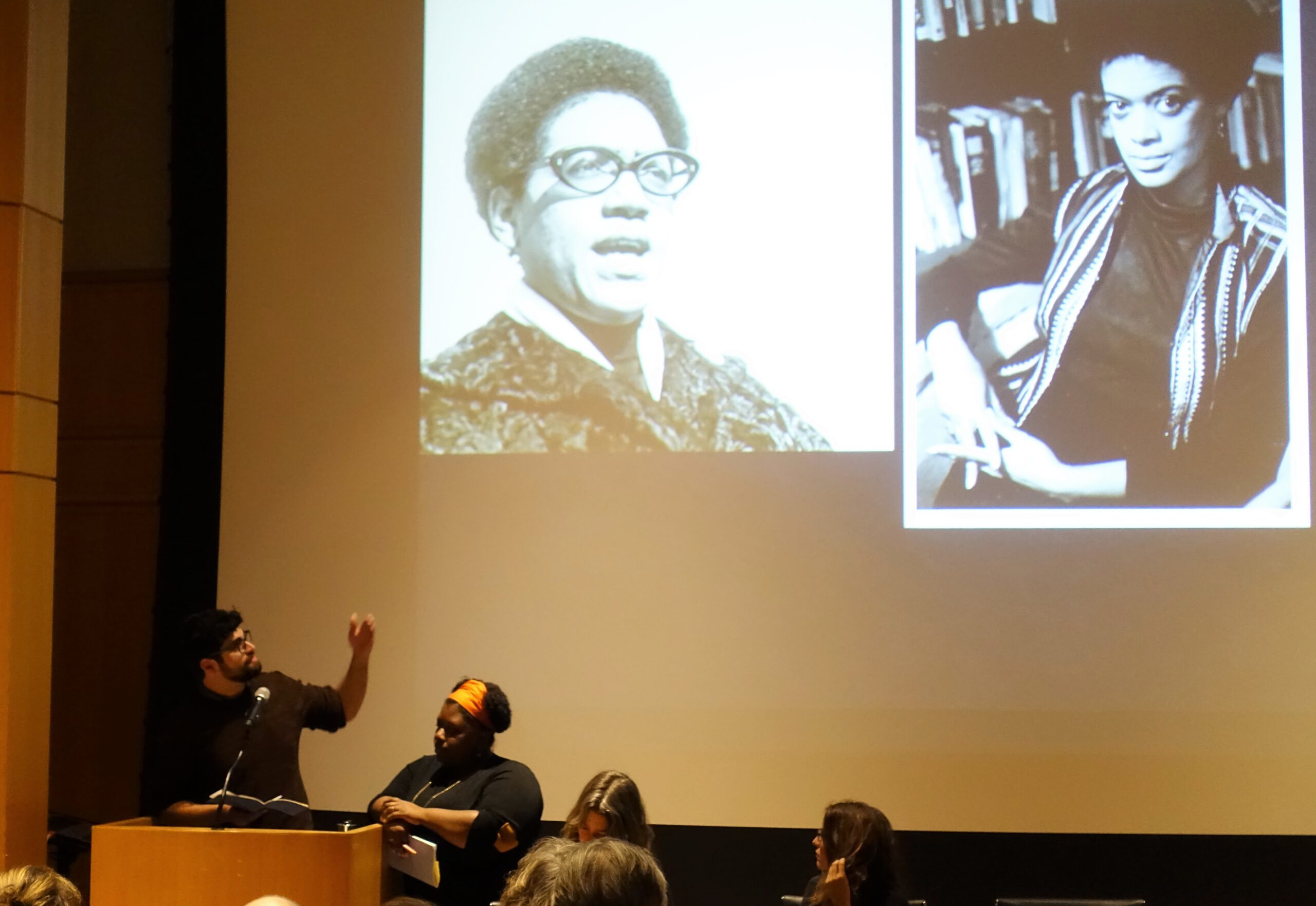
Audre Lorde Now
As part of the CUNY Adjunct Incubator project “Radiating Black~Puerto Rican~Women’s Teaching Archives from CUNY to the Americas and the Caribbean (and Back Again),” Conor Tomás Reed
writes and gathers reflections on Audre Lorde’s vital legacy in the
time of a health pandemic and social uprisings. “Audre Lorde Now”
features essays from Reed alongside Tito Mitjans Alayón, Diarenis Calderón Tartabull, and AnouchK Ibacka Valiente–three
Afro-Cuban queer and trans cultural workers based in Cuba, Mexico, and
Germany–as well as English/Spanish translations of these works by Julián González Beltrez.
This project will radiate further outward in an archival arts residency at Wendy’s Subway
during November 2020-January 2021. In addition, two 2021 publications
will emerge: a trilingual anthology on Black Women’s Studies in the
Americas and the Caribbean by LÁPIZ Journal, and a book in Spanish on Audre Lorde’s life and pedagogies by Tinta Limón Ediciones.
Read the essays from the Audre Lorde Now series on Distributaries, our online publication of collaborative and creative work in the humanities at CUNY.
Emotional sustainability in the time of COVID-19
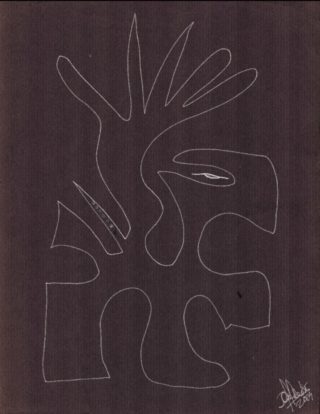
Diarenis Calderón Tartabull turns to the work of
Audre Lorde to think through questions of how to preserve and nourish
communities and our selves––physically, spiritually and emotionally––in
the midst of the COVID-19 pandemic.
“may we use language and walk together to stop colonialism. May we take responsibility to spread medicine, sisterhood, spiritual practices, hope, and sustainability. Time has turned into us. Let’s transform ourselves.”
Letter to Audre Lorde from the Future
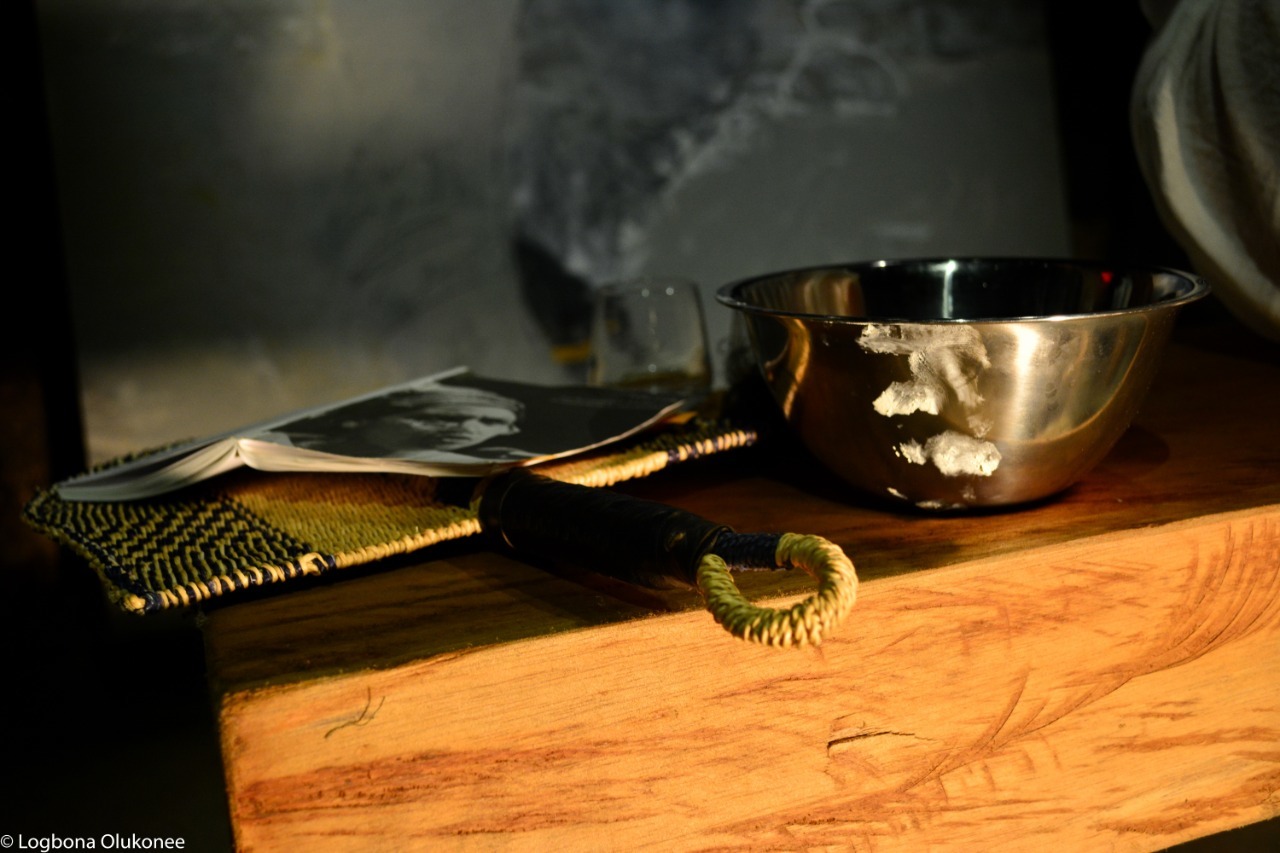
Tito Mitjans Alayón‘s letter to Audre Lorde
connects the intimately personal impacts of Lorde’s reflections on “the
political value of survival, eroticism and spirituality” to conditions
of contemporary life.
“Your reflections on the political value of survival, eroticism and spirituality helped me develop a muscle of survival strategies that are always being exercised and renewed in a genocidal anti-black and anti-trans liminal space such as this border.”
Audre Lorde and the Afro-German community
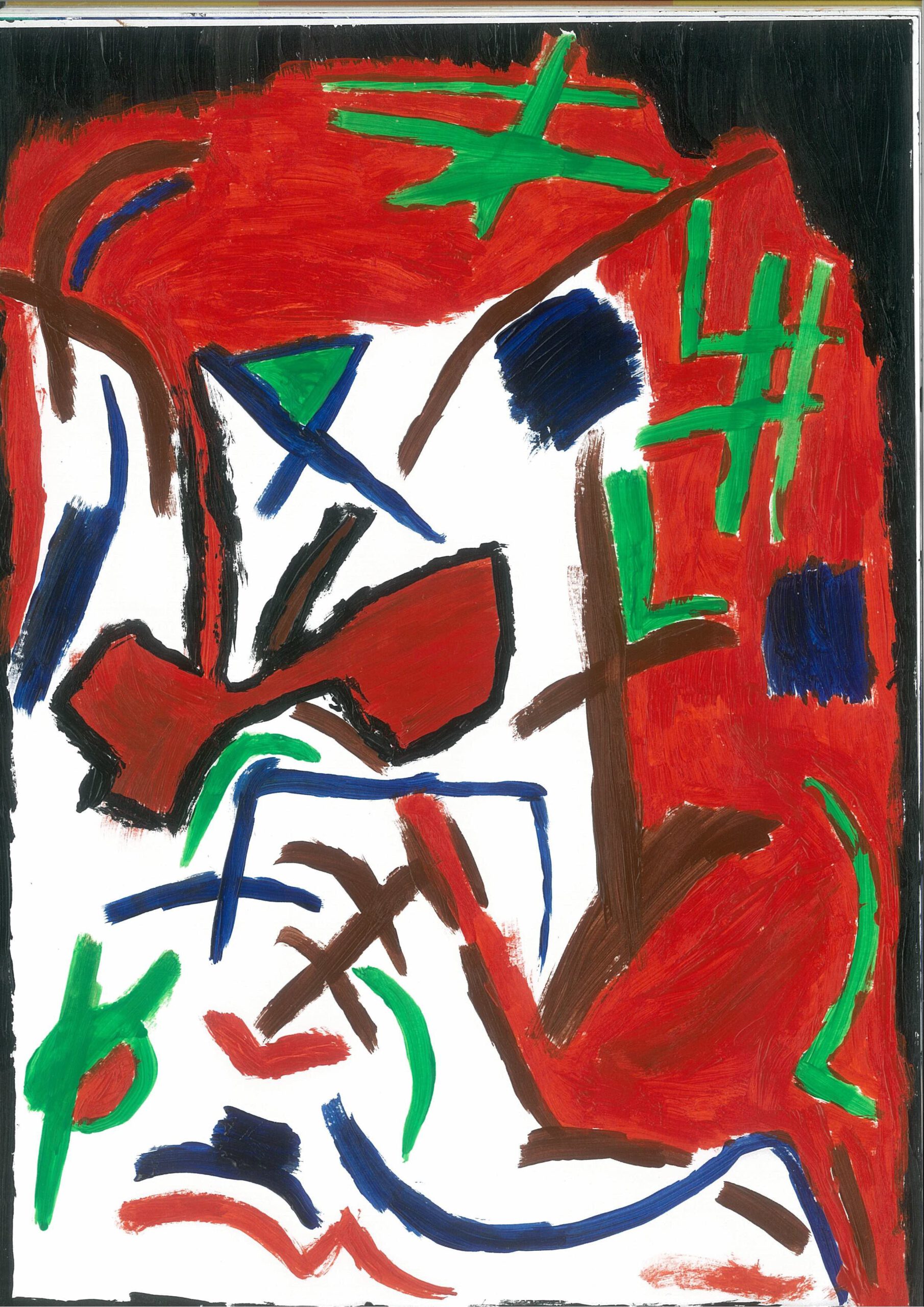
AnouchK Ibacka Valiente reflects on the transformative effects of Audre Lorde’s work on Afro-diasporic / queer communities in Germany.
“Lorde’s workshops would mark the beginning of the political work of building the Black movement in Germany. From there began the labor of accompaniment to tell their own stories, recognize themselves, and share their life stories. Lorde shared her experience, her visions, with those women and lesbians to support them in expressing themselves and see what needs they had and how they could fight against the discrimination suffered over the course of a lifetime.“
Audre Lorde’s rebellious health crisis lessons
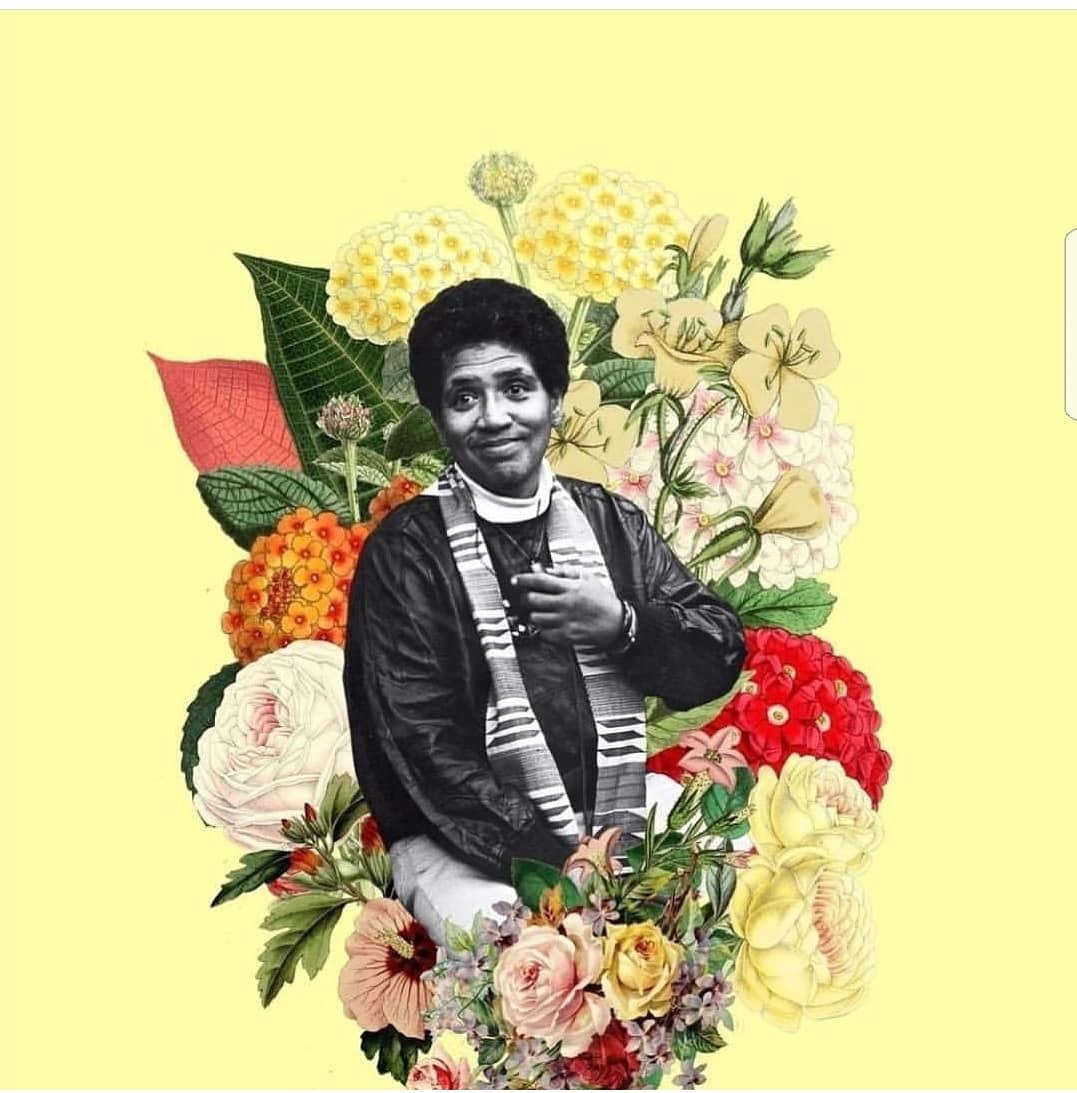
Conor Tomás Reed reflects on how the legacy of
Audre Lorde’s life and writing might be a means and medicine for living
through the ongoing COVID-19 crisis.
“In this incomparable epoch of endangered mortalities, distressed essential labors, mounting austerity waves, explosive opposition to the innate brutalities of policing, and social regenerations, the medicine I have sought the most is the writings of Audre Lorde. Our abolitionist pandemic poet laureate, Lorde dedicated her life to conjure radical dignity and self-awareness despite the indignities of socio-economic suffering.”
This project is part of the CUNY Adjunct Incubator and is co-sponsored by the Center for the Humanities and the Gittell Urban Studies Collective at the Graduate Center, CUNY.

Related Events
Conversation & Reading
The Perhaps Unexpected with Alexis Pauline Gumbs and Rosamond S. King

Conversation & Reading
Black and Latinx Studies Afro-Latinidades Symposium Presents: Lois Elaine Griffith

Panel Discussion
Reimagining the Black Archive: From Samaná to the Americas
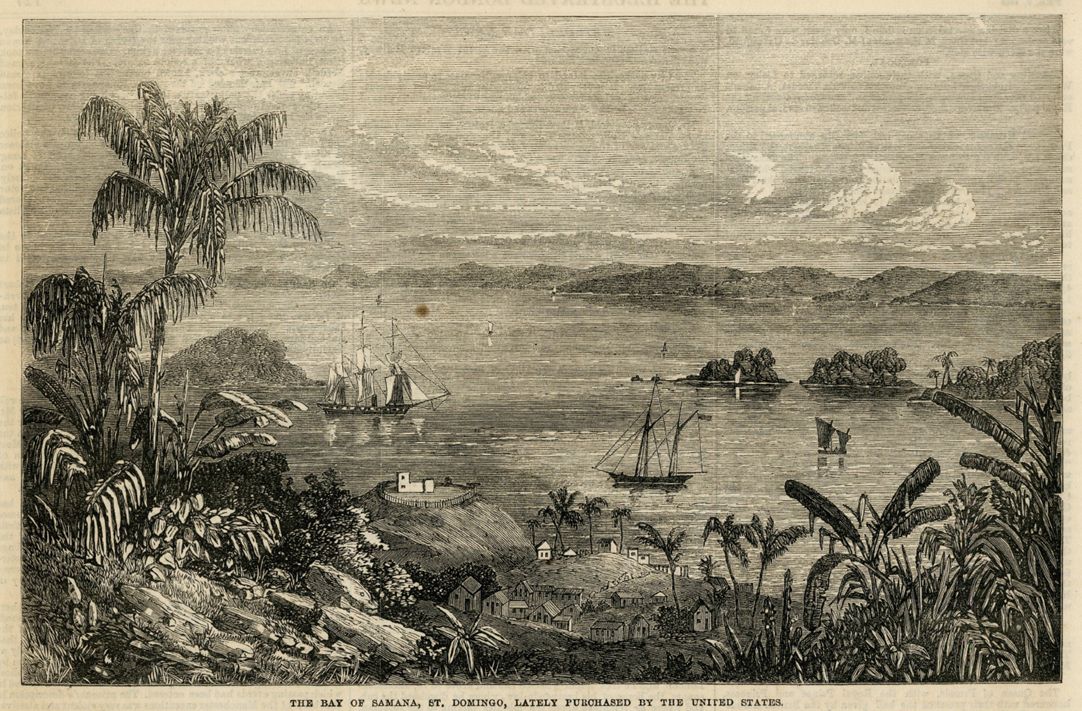
Celebration
¡Palante, Siempre Palante! The Young Lords: Iris Morales in conversation with Frances Negrón-Muntaner
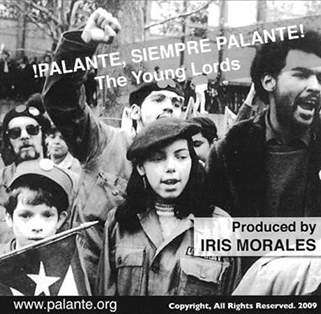
Conversation
Audre Lorde Great Read – “Zami: Talkback & Testimonials”

Lecture
Kandice Chuh on “stretching time, making space, or, the metaphysics of teaching”

Conversation & Screening
Voices of the Unheard: The Afro Latinx Experiences

Panel Discussion
The Craft We Didn’t Learn: Retroactive Writing Advice from the Archives

Conversation & Reading
Black Cuir Revolutions: Reflections on Brazil, Colombia, Cuba, and the Bronx (part of the Audre Lorde “Great Read” at Lehman College)
